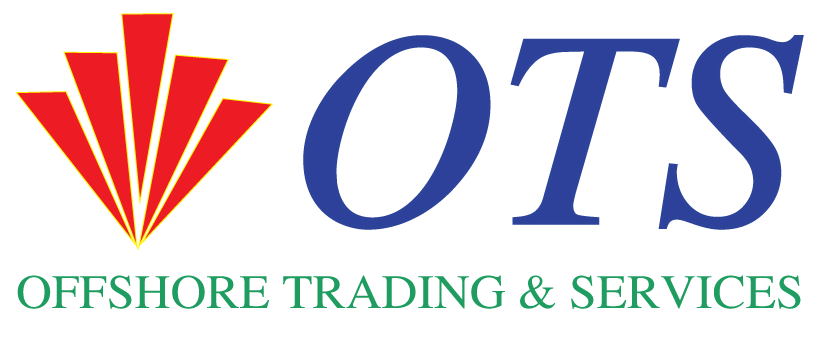**Harnessing Digital Applications to Evolve Human Factors, Innovation, and Governance in Brazil’s Oil and Gas Sector**

The oil and gas industry has undergone significant transformations in recent years, driven by the integration of cutting-edge digital technologies. Brazilian companies are at the forefront of this revolution, leveraging innovations such as Big Data analytics, remote monitoring, artificial intelligence (AI), Internet of Things (IoT) sensors, digital twins, robotic process automation software, cloud computing, additive manufacturing, drones, video analytics, and mixed realities to enhance value generation and adapt to market demands.
### Innovation and Governance Challenges
One of the primary challenges in the oil and gas sector is the assessment and adoption of new technologies. Many organizations struggle with the integration of emerging technologies due to a lack of prior knowledge, varying risk appetites, and resistance to change. This resistance often stems from employee apprehensions about job displacement and a general skepticism towards new technologies. Such apprehensions create a significant skills gap, making recruitment and retention more difficult. Additionally, the industry faces the challenge of attracting young talent who are often drawn to fields aligned more closely with their values and career goals.
### Necessity for Cultural Shifts
For successful digital transformation, a cultural shift within organizations is indispensable. This shift involves promoting an innovation-driven culture that values continuous learning and adaptation. Companies must invest in training programs, agile solutions, pilot projects, innovation workshops, and employee incentives. Team involvement from the outset can significantly increase engagement and motivation, leading to more efficient and effective solutions.
### The Role of Digital Literacy
In the modern oil and gas industry, new skills are becoming increasingly important. These include digital literacy, active learning, emotional intelligence, critical thinking, and complex problem-solving. The demand for these skills reflects the changing needs of organizations in response to technological advancements. Digitalization not only addresses industry issues but also enhances human capabilities by enabling faster and more efficient decision-making, improving information access, and fostering workplace flexibility, including remote work.
### Case Study: Ocyan’s Innovation Management System
Ocyan, a leading Brazilian oil and gas service provider, has implemented an innovative management system to address the challenges mentioned above. The system features a well-defined governance model aimed at maximizing success by following a value generation stream analogous to a production line. This approach uses innovation vehicles that are aligned with both the company’s strategy and context. Portfolio management is conducted through indicators and tools to validate results, reducing risks and improving efficiency, thereby strengthening investor confidence.
To further








